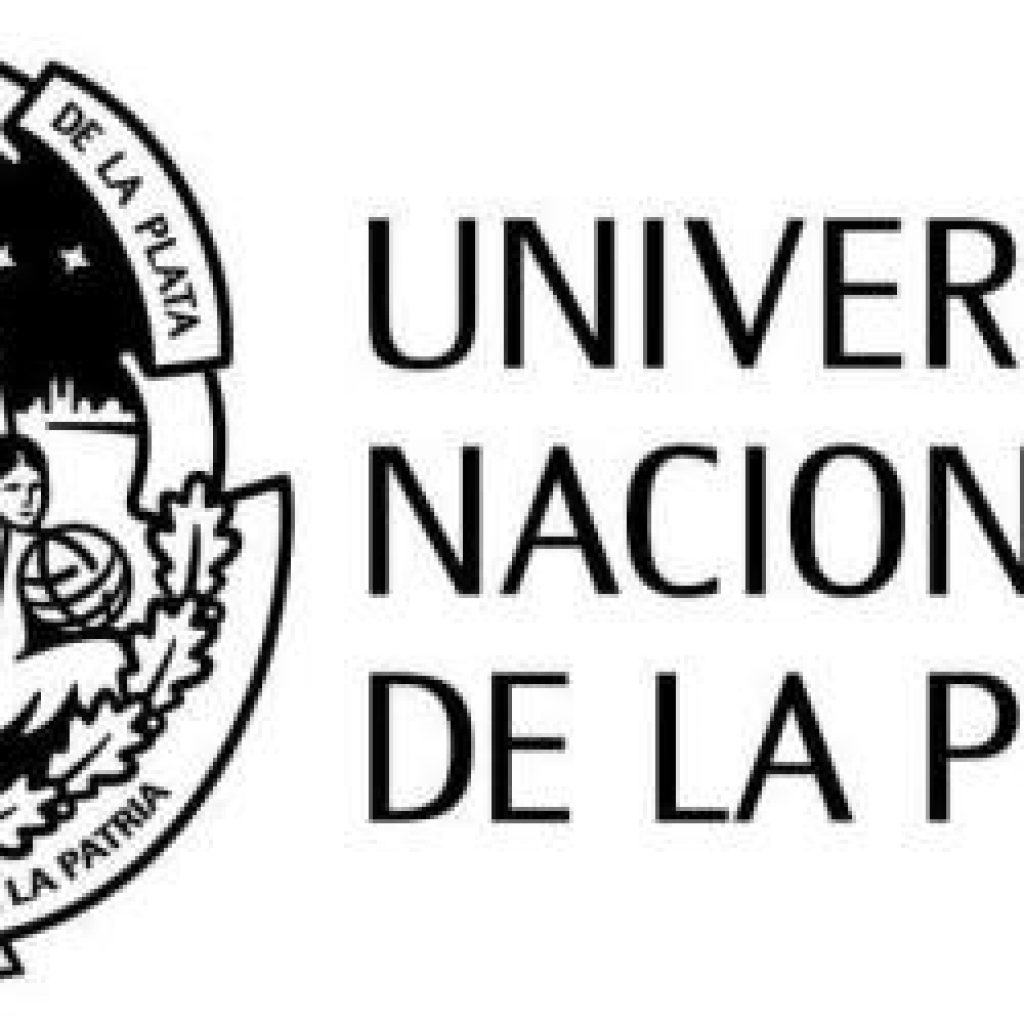(ScienceDaily) New research from the University of La Plata in Argentina has revealed how robust initial states can be prepared in quantum information systems, minimising any unwanted transitions which lead to losses in quantum information.
Researchers have begun to exploit the effects of quantum mechanics to process information in some fascinating new ways. One of the main challenges faced by these efforts is that systems can easily lose their quantum information as they interact with particles in their surrounding environments. To understand this behaviour, researchers in the past have used advanced models to observe how systems can spontaneously evolve into different states over time — losing their quantum information in the process. Through new research published in EPJ D, M. Reboiro and colleagues at the University of La Plata in Argentina have discovered how robust initial states can be prepared in quantum information systems, avoiding any unwanted transitions extensive time periods.
The team’s findings could provide valuable insights for the rapidly advancing field of quantum computing; potentially enabling more complex operations to be carried out using the cutting-edge devices. Their study considered a ‘hybrid’ quantum information system based around a specialised loop of superconducting metal, which interacted with an ensemble of imperfections within the atomic lattice of diamond. Within this system, the researchers aimed to generate sets of ‘exceptional points.’ When these are present, information states don’t decay in the usual way: instead, any gains and losses of quantum information can be perfectly balanced between states.
Researchers at University of La Plata Design Way to Avoid Environmental Losses in Quantum Information Systems
